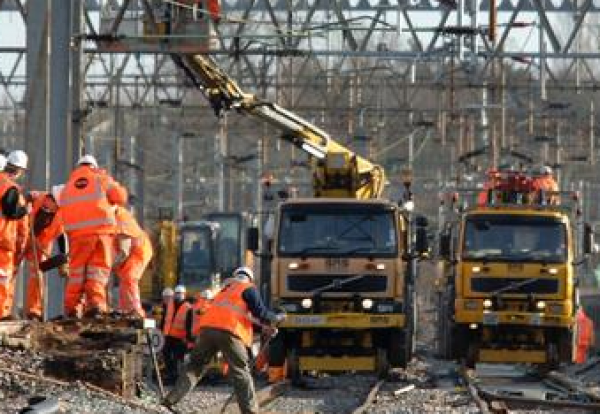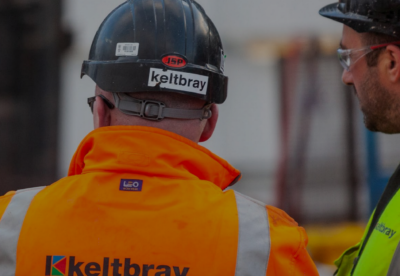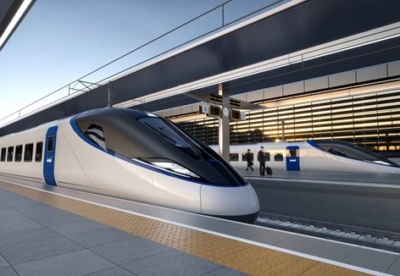The Office of Rail Regulation also criticised Network Rail for taking a ‘find and fix’ approach to maintenance and renewal rather than adopting a ‘predict and prevent’ culture.
During Network Rail’s first four years of the five year control period it has under-spent nearly £1.2bn meant for maintenance and renewal of its assets.
The regulator said it recognised there were challenges of managing traffic growth and timetabling on a congested network, as well as constraints on the access needed to work on the track.
But it has urged Network Rail to make good use of the funds provided to renew the network and address the problems affecting performance.
Between April and October this year, there were nearly 16,000 infrastructure incidents across the network, nearly 5% more than over the same period last year, despite benign weather conditions.
Routine maintenance activities for tracks have fallen by around 30-40% on average compared with the start of this five-year funded period, which began in 2009.
Network Rail’s latest forecast for plain line renewals amounts to a shortfall over the past five years as a whole of about 600km.
Alan Price, ORR’s Director of Railway Planning and Performance, said: “Safety has to be Network Rail’s top priority. Beyond that, its focus should be on delivering improved performance and increased capacity on the railways.
“The company is currently operating with a large underspend and a significant shortfall against the performance targets it signed up to.
“It is also behind schedule on its own maintenance and renewal plans.”
He warned: “Network Rail must utilise its funding efficiently to address the increasing backlog of maintenance and renewals works, and improve performance, as it enters a new five-year delivery plan with more stretching targets.
“ORR has set new regulatory targets from 2014 for Network Rail’s asset management, particularly focusing on how it manages, maintains and renews the rail network.
“We want the company to move from a ‘find and fix’ approach to maintenance to a ‘predict and prevent’ culture, to reduce the amount of failures affecting services.
“We see signs of good practice and want to see Network Rail working with train operators to deliver better for customers from the outset of its new delivery plan.”
It warned Network Rail faces fines “in excess of £80m” if punctuality does not improve.
Performance
Delays attributed to Network Rail on the network amount to 59%.
Of these delays, 12% were attributed to track failures
33% to non-track asset failures (such as signalling, drainage, overhead line wires)
29% to network management issues (such as possession overruns)
21% to external factors (such as trespass, animals near railway lines)
4% to severe weather (such as St Jude’s storm).
Network Rail said that investment had reduced infrastructure failures by more than 20% since 2009, but blamed a lack of “capacity” for continuing delays to services.
“Today’s railway is carrying more people, on more trains, than at any time since the 1920s with passenger numbers up 50% on a decade ago and growing,” a spokesperson said.
“Train performance, at more than 90%, is at historically high levels with more people than ever before arriving on time on a million more trains per year.
“The real issue here is capacity and a largely Victorian infrastructure being pushed to its limits.”





























 MPU 300_250px.gif)











.gif)










